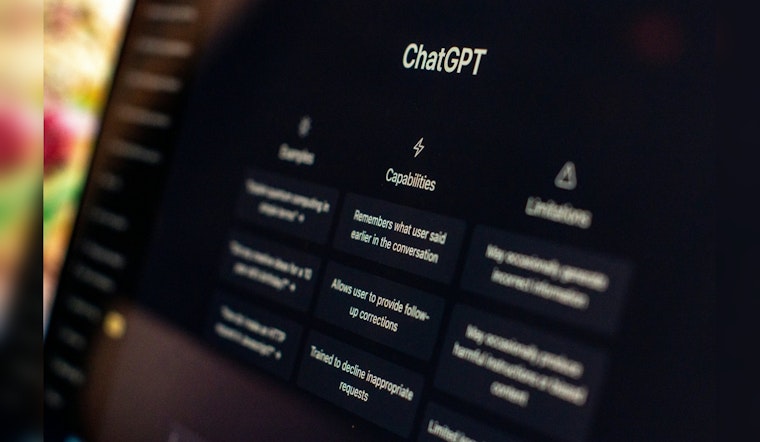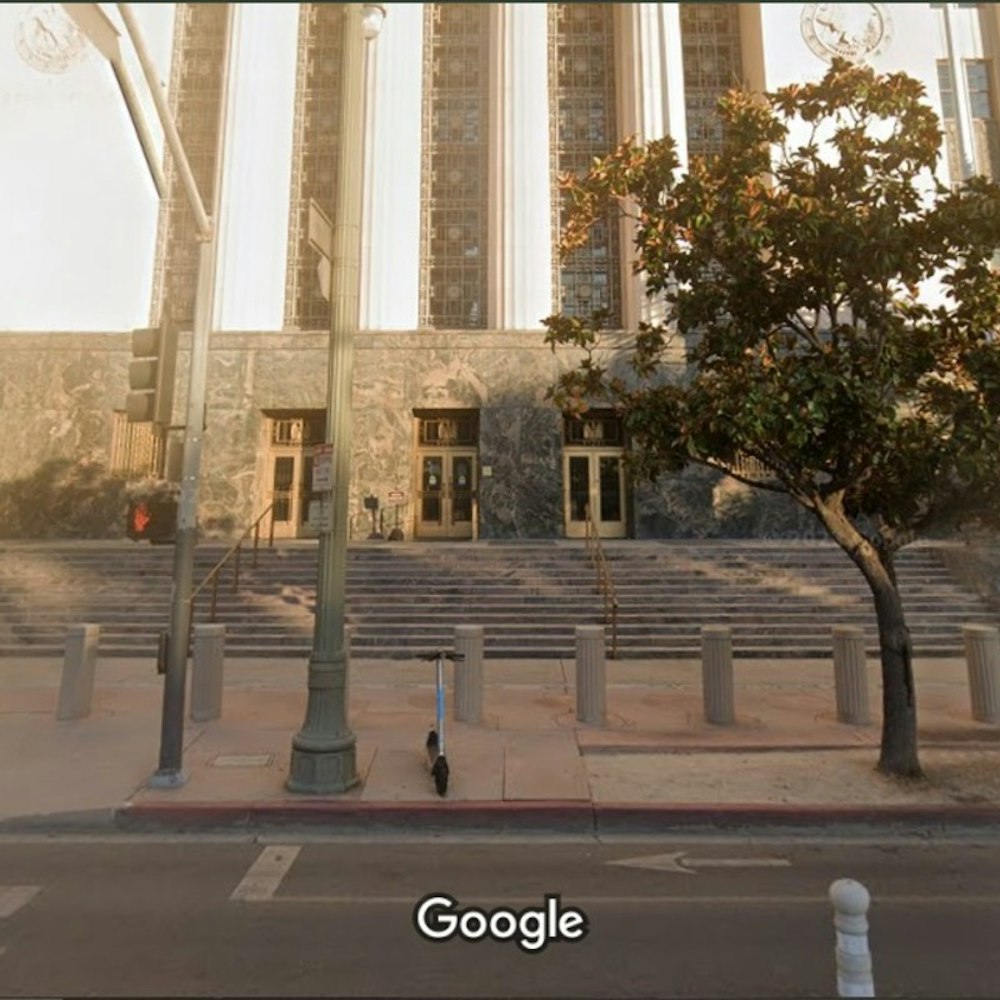
In a surprising turn of events, a young techie in Austin, Texas revealed how the pairing of advanced technology and a keen sense of his health led to the correction of a diabetes misdiagnosis. Twenty-four-year-old Cooper Myers, after being incorrectly treated for Type-1 diabetes — a condition affecting about two million Americans — utilized the artificial intelligence of ChatGPT to point him towards a more accurate diagnosis, according to KXAN.
Upon consulting the AI about his atypical health symptoms given his family's lean physiques and diabetes history, Myers keyed in on Maturity-Onset Diabetes of the Young (MODY), a rare genetic form of the disease often overshadowed by its more common Type-1 and Type-2 cousins. Despite AI being an unlikely source to discover such a niche medical condition, Dr. Keta Pandit, Cooper's endocrinologist, supported the tech-inspired hunch. "MODY is often overlooked simply because of just the common conditions that we see so frequently. And the prevalence is just so high of Type-1 and Type-2," she told KXAN.
Myers, battling high blood sugar levels with a diligent yet ineffective diet and exercise regimen, initially had no luck finding the root cause of his ailment. It was not until he provided his ChatGPT findings to Dr. Pandit, who initially managed his insulin pump therapy, that substantive diagnostic testing, including a genetic blood test for MODY, was conducted. "His insulin requirements were much lower than other TID patients, which raised concerns for Dr. Pandit as well," according to a report by Texas Diabetes & Endocrinology.
After genetic tests confirmed the MODY 2 diagnosis, the result of a GCK gene mutation, Myers was progressively weaned off his insulin pump. Now enjoying a far less restrictive diet, Myers's case not only illustrates the potential utility of AI in healthcare when combined with professional insight but also the importance of patient advocacy. Risto Miikkulainen, a University of Texas AI expert highlighted the usefulness and the limits of AI, emphasizing it as a complement to, not a replacement for, medical expertise. "People who are really highly trained, can use it as a second opinion," Miikkulainen said, shedding light on the broader implications of Myers' case in his interview with KXAN.
Myers' experience underscores MODY's rarity and typical misidentification as other forms of diabetes. Estimated to account for a mere 5% of all diabetes cases, MODY can oftentimes be managed without insulin, contrasting sharply with Type-1 diabetes treatment. For those grappling with uncertain diabetes diagnoses, Myers' tale serves as a potent reminder: what may seem like an implausible consult with an AI could potentially lead to life-altering medical insights and treatments.









-1.webp?w=1000&h=1000&fit=crop&crop:edges)